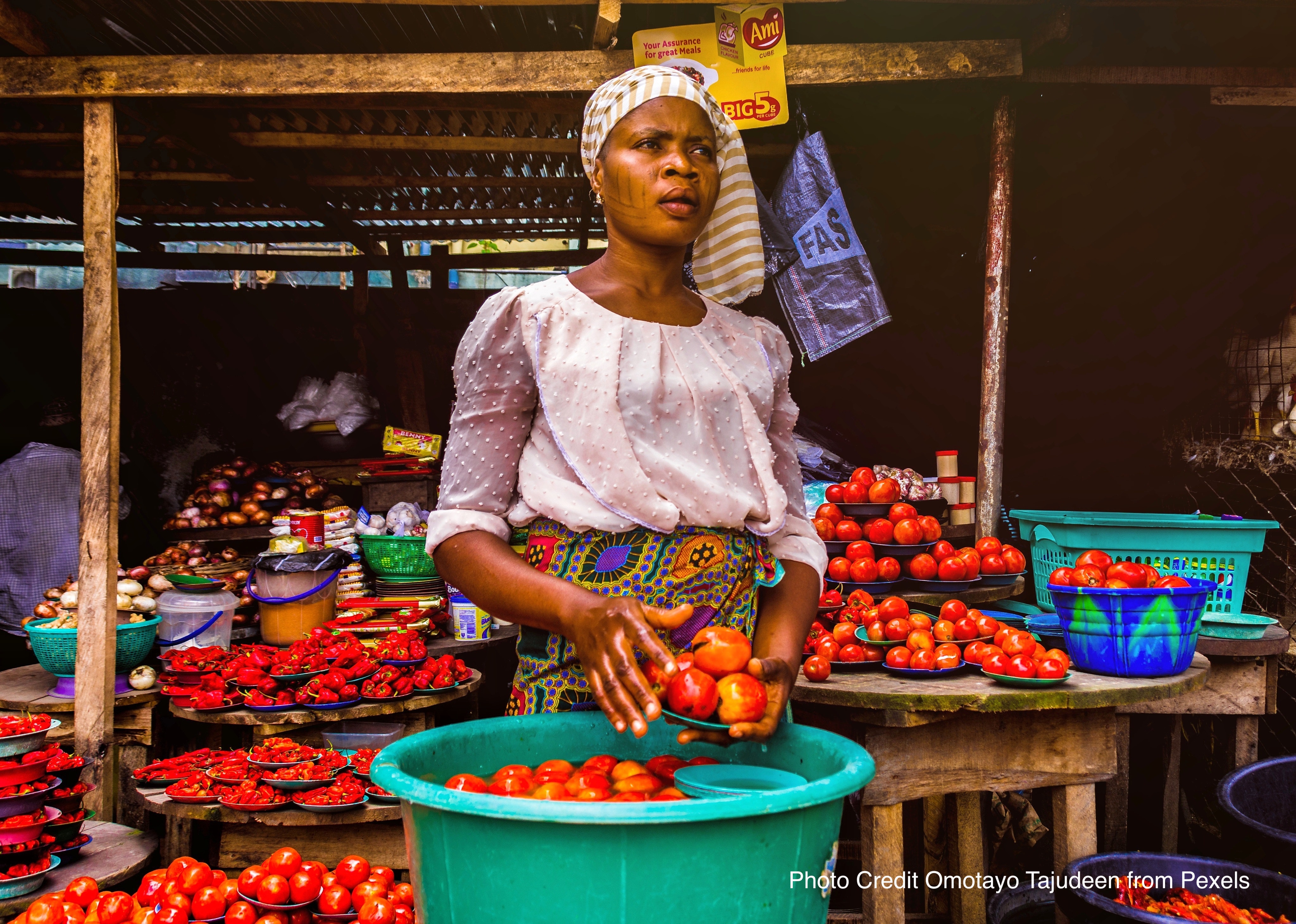You can’t prepare for everything! This is particularly true for individuals in low-income countries, where it can be difficult or impossible to prepare for every disaster, crisis, or realized risk that may occur during a person’s lifetime. We – and millions of others around the world – have learned and re-learned this lesson throughout the past 12+ months of the pandemic. The COVID-19 pandemic is a crisis for which we did not prepare and that – suddenly and rapidly – forced virtually everyone to change their life and lifestyle.
We are Drs. Anna Josephson and Jeffrey Michler, Assistant Professors in the Department of Agricultural and Resource Economics. Dr. Josephson specializes in understanding how individuals and households make decisions, particularly those related to agriculture and food security, while Dr. Michler focuses on applying theories of industrial organization to environmental and natural resource issues. However, during the past year, our work has pivoted to investigate and work to develop an understanding of how households adapt to and cope with the unanticipated changes brought on by COVID-19. It is imperative to know how people who were already struggling with food insecurity, political unrest, climate change, and other challenges are coping with the pandemic.
Much of our work is situated in Sub-Saharan Africa and is motivated by the desire to evaluate and understand the effects of the pandemic on individuals and households. We’ve had an opportunity to investigate these questions using unique data from the World Bank Living Standards Measurement Study (LSMS). When the pandemic hit, the LSMS and partner national statistical offices in seven African countries took advantage of existing face-to-face household surveys that were implemented prior to COVID-19. They began contacting these households via phone and continuing the interviews during the pandemic – all without face-to-face contact. By interviewing these households, we have a unique opportunity to connect the phone survey responses to information that was collected from these households just prior to the pandemic – allowing us to understand the initial conditions and ongoing constraints facing them, as they navigate through the challenges of the past year.
We’ve recently released a few publications which investigate these dynamics. Our first publication, with Dr. Talip Kilic of the World Bank, in Nature Human Behaviour is “Socioeconomic impacts of COVID-19 in low-income countries.” This paper leverages the early rounds of the phone surveys in Ethiopia, Malawi, Nigeria and Uganda and digs into the trends observed in the first three months of the pandemic. Another publication, in a recently released book from VoxEU and CEPR, “The evolving socioeconomic impacts of COVID-19 in four African countries,” is work done with one of our graduate students, Ann Furbush, as well as Dr. Kilic. The chapter extends the investigation in our first paper into recent months and explores emerging trends and coping strategies. As we have seen in the data, trends show that 256 million individuals, about 77% of the population in these countries, live in households that lost income during the first months of the pandemic. Attempts to cope with this loss of income are exacerbated by challenges with food insecurity and difficulties accessing medicine and staple foods. We also found that with the onset of COVID, teacher and student contact dropped from 96% to 17% with households who had school-age children.
We hope that these studies can inform data driven policy to mitigate the economic impacts of the pandemic on households and families across Africa. Additionally are committed to transparency replicability, and reproducibility in all our research and encourage interested parties to download the anonymized unit-record survey data (which are publicly available on the World Bank Microdata Library), and our processed data and syntax files to investigate these data and our related findings for themselves.


